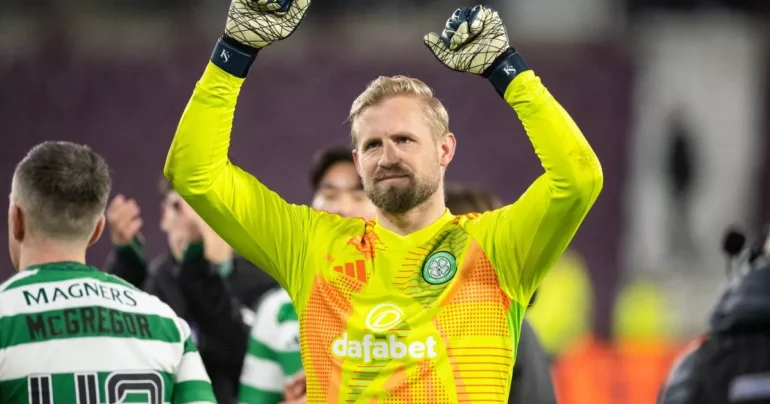Celtic proudly promotes itself as a football club with a social consciousness. For nine years the club’s main sponsor has been a betting company breaking laws, defrauding customers and wrecking lives.
By Nathan Paul Southern and Lindsey Kennedy
Dafabet has featured on the shirts of Celtic FC since the gambling brand became the club’s main sponsor in 2016. The team is displayed prominently on Dafabet’s sites and social media pages, even as the company faces bans the world over for breaking laws, defrauding customers, and wrecking lives. The UK-facing Dafabet site is now also embroiled with a conglomerate that openly channels money into Russia – even to banks sanctioned for their roles financing the war on Ukraine, and to family members of Putin’s inner circle.
Celtic is hardly the only UK club to strike a deal with a dubious sponsor. But the Scottish team has pushed its charitable ideals ever since it was set up in 1888 to support Glasgow’s impoverished Irish Catholic community and its fans have long proudly spoken out in support of Palestine. Its nine-year association with Dafabet increasingly enrages supporters and risks hurting its image ov...



